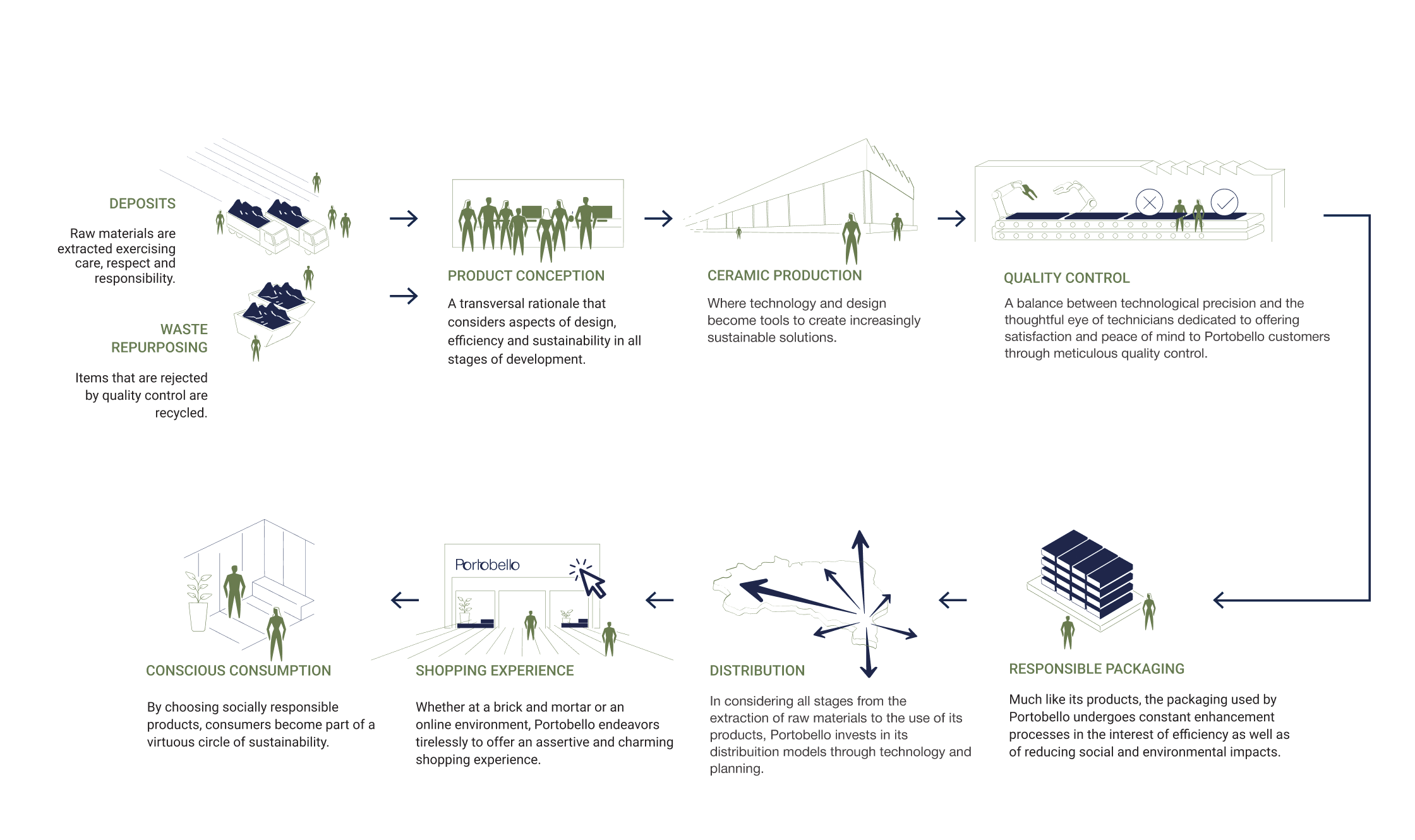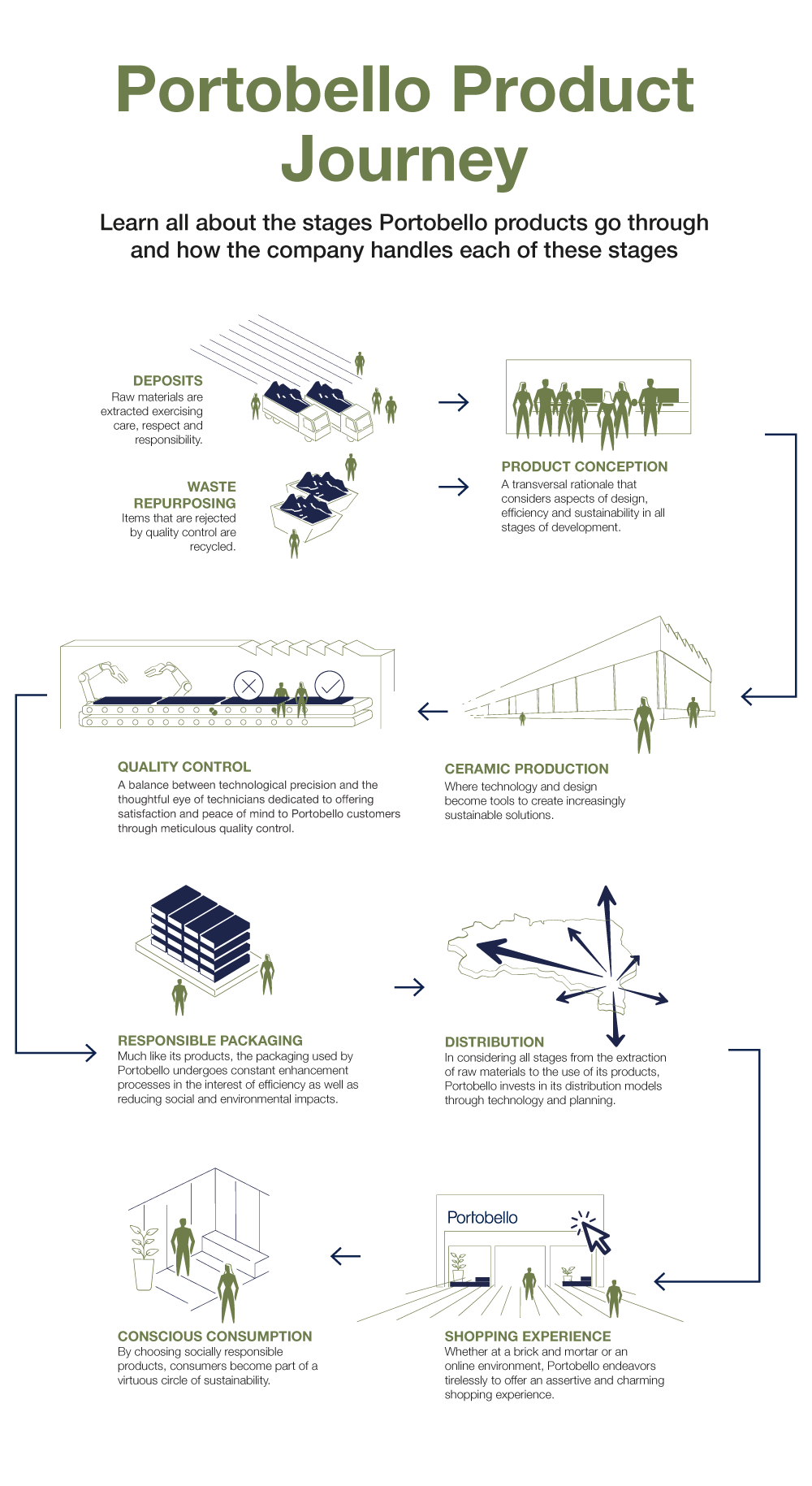This website uses cookies so that we can provide you with the best user experience possible. Cookie information is stored in your browser and performs functions such as recognising you when you return to our website and helping our team to understand which sections of the website you find most interesting and useful.
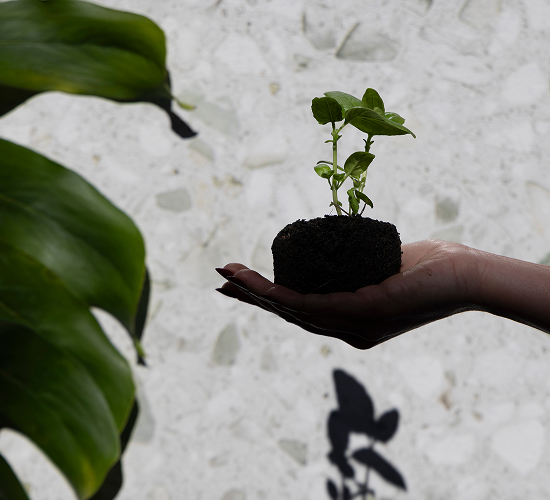
Portobello takes an integrated approach to sustainability, focusing on environmental, social, and economic factors. We have a conscious and regenerative manufacturing process in place. As we grow, we continually emphasize sustainability, striving to implement best practices and inspire a more sustainable future across the entire supply chain.
Sustainability for Portobello means being aware of our actions and the impact of our choices. It means understanding the responsibility that comes with being an integral part of our society and ecosystem. It means being committed to our entire production and distribution chain, aiming to create a future in which we can all evolve together.
Discover our pillars
Eco-efficiency
Do more with less, ensuring that the use of natural resources is carried out in a regenerative way, with a focus on the management of raw materials, water, energy, emissions, and waste.
Regenerative Extraction
Portobello is responsible for the environmental regeneration of deposits, respecting the natural vocation of each area. It also follows pre-established criteria for managing social impacts and the deposits licenses, with periodic audits in order to promote the preservation of biodiversity, the control of water quality and the reduction of CO2 emissions.
100% Water Reuse
In addition to having its own collection sources, Portobello reuses 100% of the water in the production process through the application of a closed circuit, which avoids the rampant use of such an essential and limited resource on the planet.
Source of energy (wind energy)
Portobello Group's commitment to reducing energy consumption has been evident over the years, reinforced by investments in wind and solar energy at both the Portobello and Pointer facilities. The Portobello unit, in partnership with Enel Brasil, signed a contract for the self-production of 10 MWm of wind energy, which guarantees, on average, 72.6% of the unit's energy consumption.
We recycle 99.90% of our waste
The production process is based on the concept of circularity, in which waste is used as input in the manufacturing of products, which, in turn, are designed with circularity in mind.
Regenerative Extraction
Portobello is responsible for the environmental regeneration of deposits, respecting the natural vocation of each area. It also follows pre-established criteria for managing social impacts and the deposits licenses, with periodic audits in order to promote the preservation of biodiversity, the control of water quality and the reduction of CO2 emissions.
100% Water Reuse
In addition to having its own collection sources, Portobello reuses 100% of the water in the production process through the application of a closed circuit, which avoids the rampant use of such an essential and limited resource on the planet.
Source of energy (wind energy)
Portobello Group's commitment to reducing energy consumption has been evident over the years, reinforced by investments in wind and solar energy at both the Portobello and Pointer facilities. The Portobello unit, in partnership with Enel Brasil, signed a contract for the self-production of 10 MWm of wind energy, which guarantees, on average, 72.6% of the unit's energy consumption.
We recycle 99.90% of our waste
The production process is based on the concept of circularity, in which waste is used as input in the manufacturing of products, which, in turn, are designed with circularity in mind.
Our People
To ensure an attractive, diverse, and inclusive environment for the best talents—professionals who deliver excellent results and take a leading role in the social transformation of the communities we are part of, while sharing our values and knowledge.
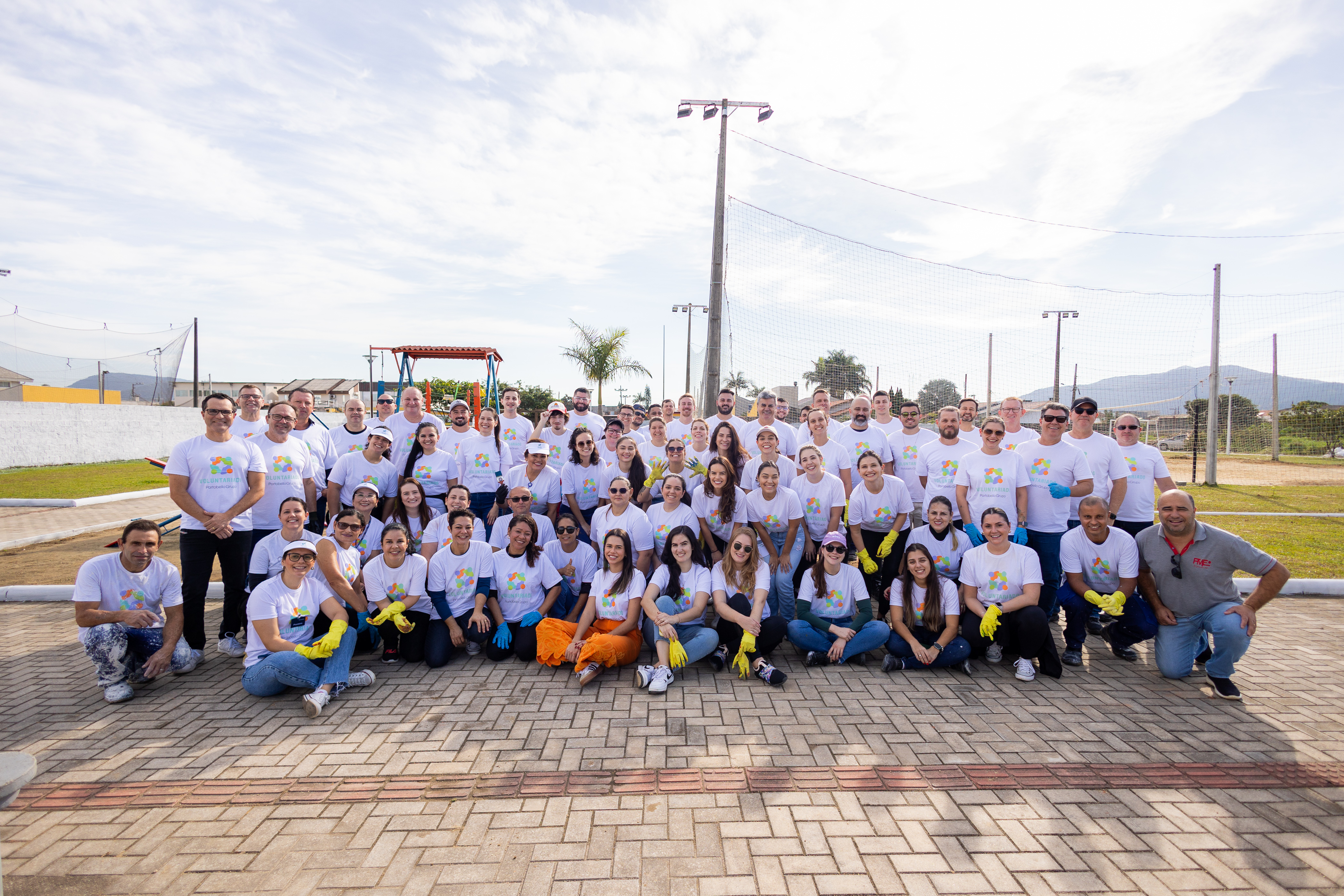
Communities
Portobello Group's relationship with communities is guided by ethical principles, transparency, and respect for human rights, promoting support and the development of projects in the areas of culture, education, and income generation. The Sururu | Shells that Transform project, the Jardim Progresso Cultural Center, and the Volunteering Program are examples of Portobello Group's social responsibility vision.

Human Rights
Portobello Group reaffirms its commitment to respecting human rights as recognized by international conventions. As a signatory of the Global Compact, the company follows the UN Guiding Principles on Business and Human Rights across all its operations. With specific policies, targets, and tools, Portobello Group ensures that human rights are respected throughout its activities and relationships.
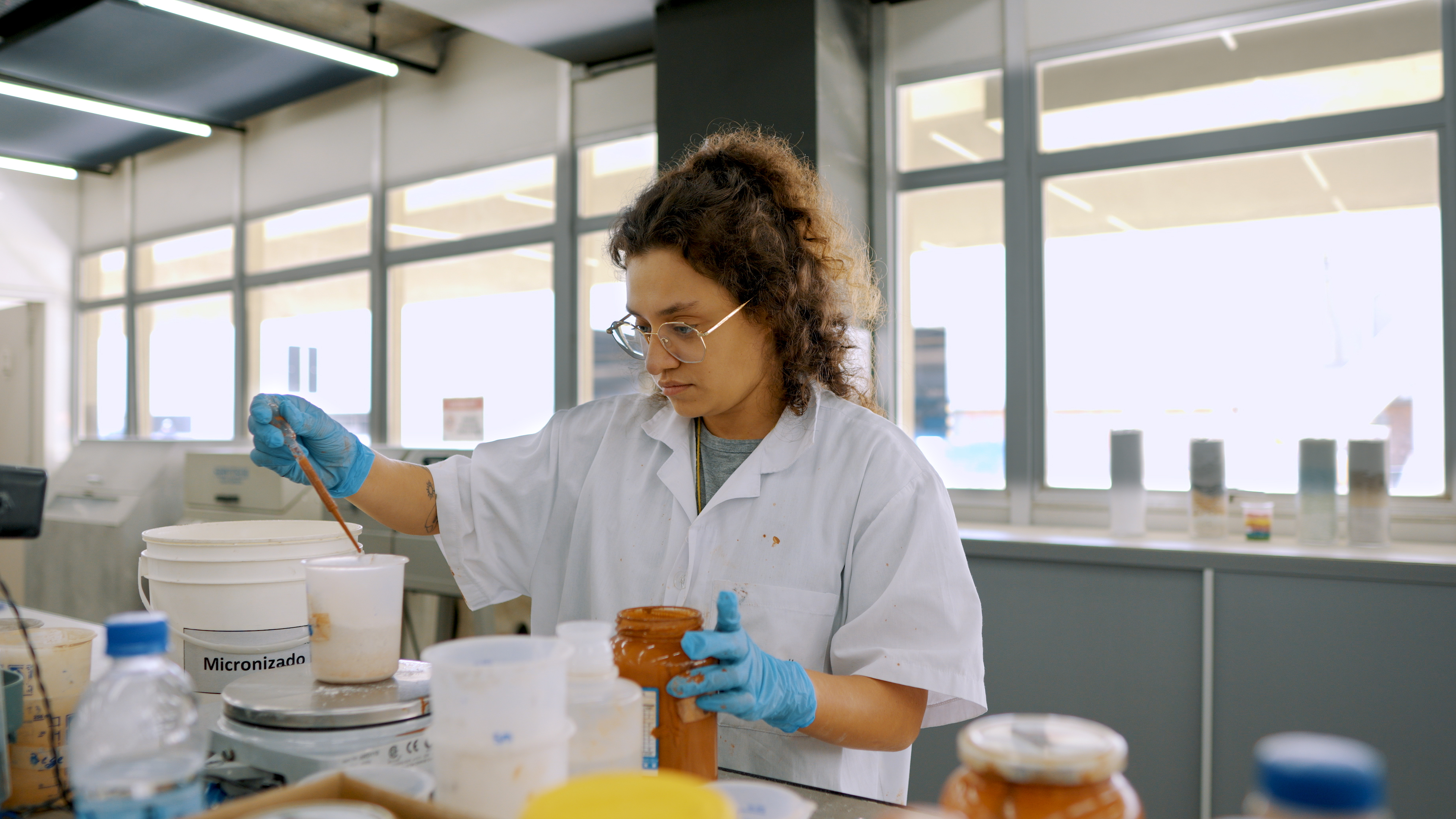
Employees
The company promotes initiatives focused on attracting and retaining talent, valuing high performance, and continuously developing leadership and successors. This commitment reflects the goal of establishing the Group as one of the best companies to work for, aligned with its strategies and the unique characteristics of each of its four business units.
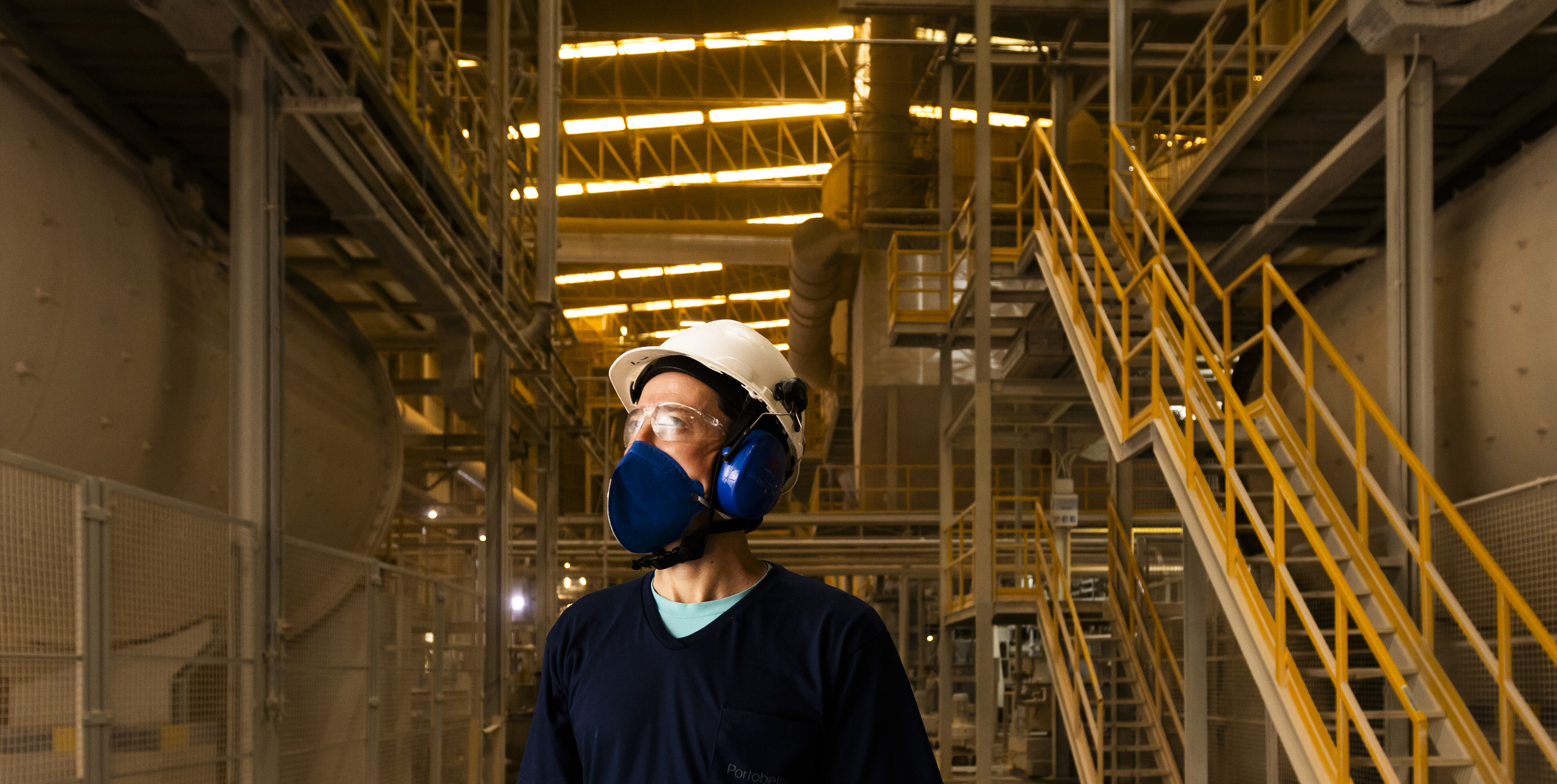
Health and Safety
The health and safety of Portobello Group's employees are ensured through a robust system of regulations, risk management, and preventive actions. The company complies with the Regulatory Standards of the Ministry of Labor, adapted to the specific characteristics of each unit, and outlines internal procedures for critical activities, such as the use of personal protective equipment (PPE).
Governance
To be more sustainable together, engaging our entire ecosystem by inspiring employees, suppliers, partners, clients, and the community while standing out through our structured, transparent governance and strong compliance.

Transparency, together with ethical principles and values, is the foundation of the company’s business strategy and operational model. The Portobello + Transparency Program consists of a set of mechanisms, such as standards, policies, and procedures—aimed at ensuring compliance with laws, internal regulations, and maintaining an ethical, honest, and healthy work environment. The initiative goes beyond fighting corruption, which is the main focus of the integrity program established by Brazilian legislation.
Its pillars include:
-
. Commitment from senior management as a role model for all;
-
. Independence of the compliance function;
-
. Compliance and integrity risk management;
-
. Internal standards for third-party control and evaluation;
-
. Training and communication to strengthen the culture of integrity;
-
. Reporting channels and investigations with disciplinary measures;
-
. Ongoing monitoring and continuous improvement of the program.
UN - Global Pact Signee
Portobello Group is a signatory to the UN Global Compact and aligns its goals with the Sustainable Development Goals (SDGs), promoting practices in Environment, Labor, Human Rights and Combating Corruption.
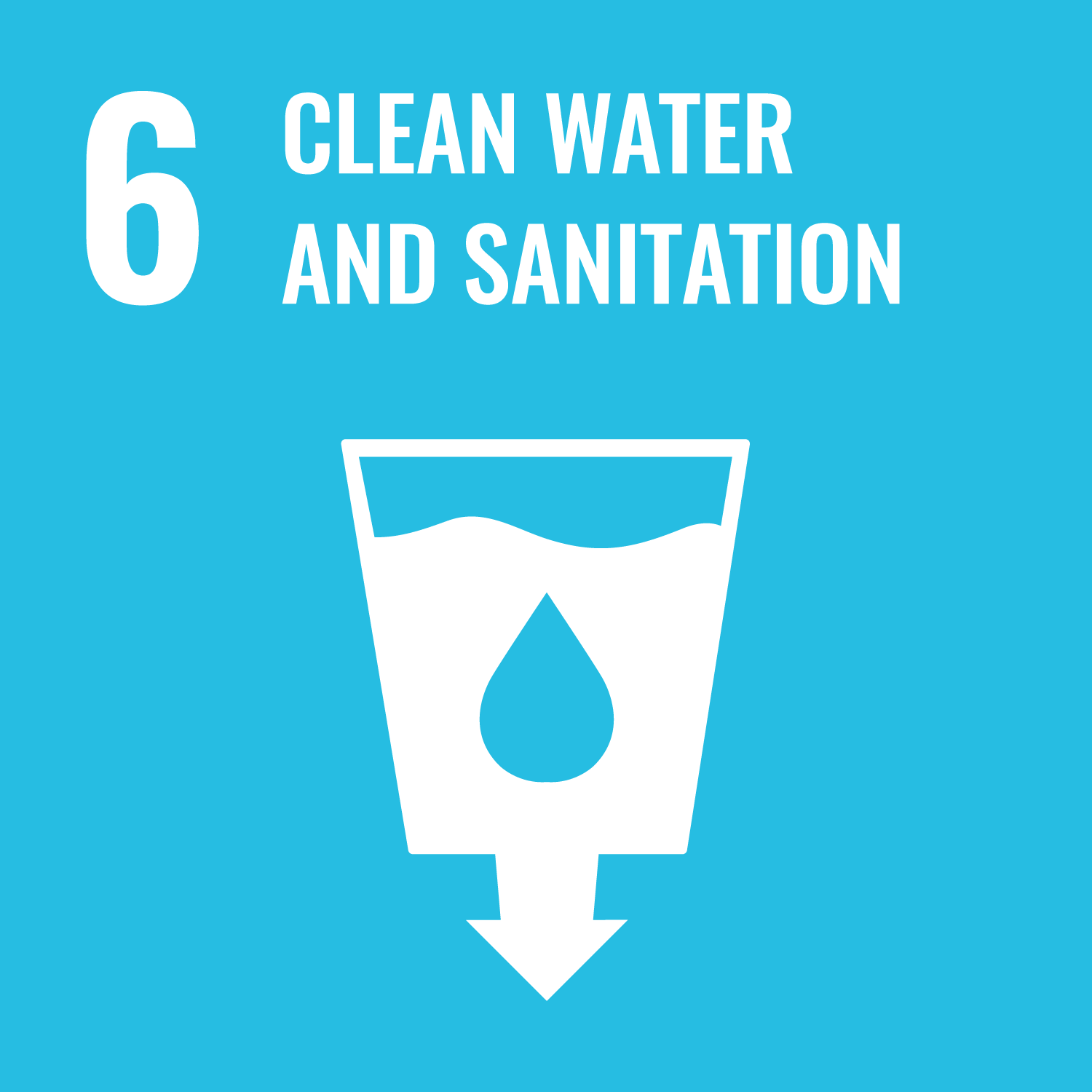
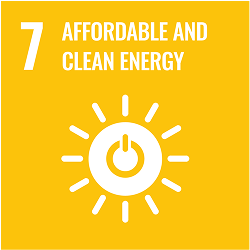
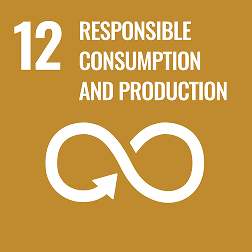
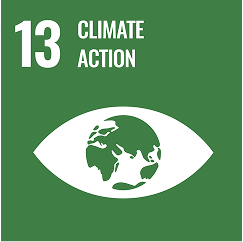
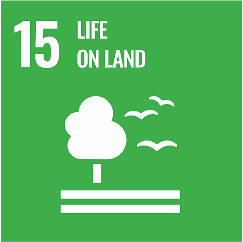
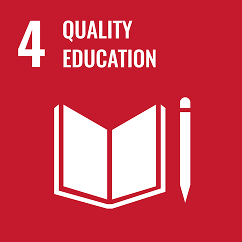
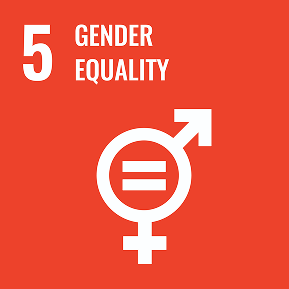
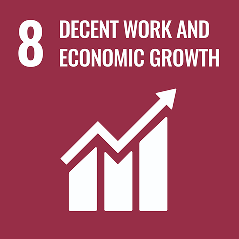
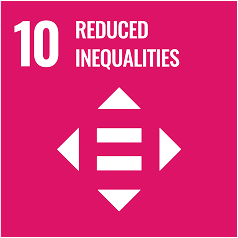
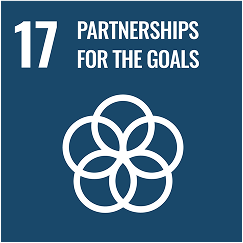

Certificates
CE
Indicates that the product meets the Safety, Health and Environmental Protection standards required by European Union legislation.
ISO 9001 (Quality Management System)
An international standard that defines criteria for a quality management system.
ABNT ISO 13006:2020 and INMETRO ORDINANCES NO. 412/2014 AND NO. 286/2021
Establish the requirements, definitions, classification and properties of ceramic coatings.
SASO SEAL
An exportation certificate of conformity (CoC, Certificate of Conformity) for Saudi Arabia, which certifies Quality, Safety and Technical Regulation.
UKCA
UKCA (United Kingdom Conformity Assessment) certification is a seal that certifies that a product complies with British legislation and can be sold in the United Kingdom.
GOEIC
GOEIC certification is a process of inspecting, testing and certifying products for export to Egypt. The certification is issued by the General Organization of Export and Import Control of Egypt (GOEIC).
Portobello Product Journey
Learn all about the stages Portobello products go through and how the company handles each of these stages
